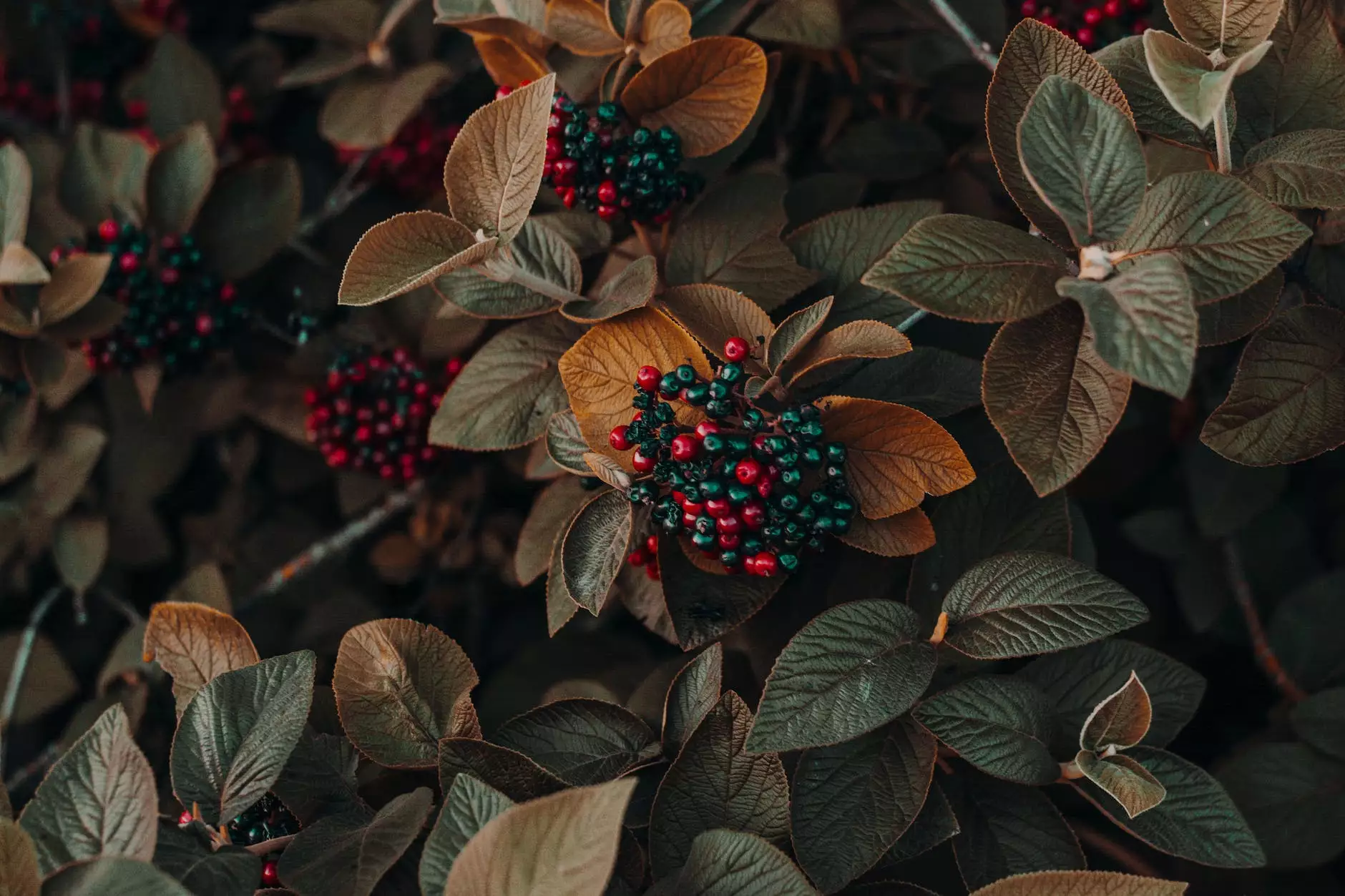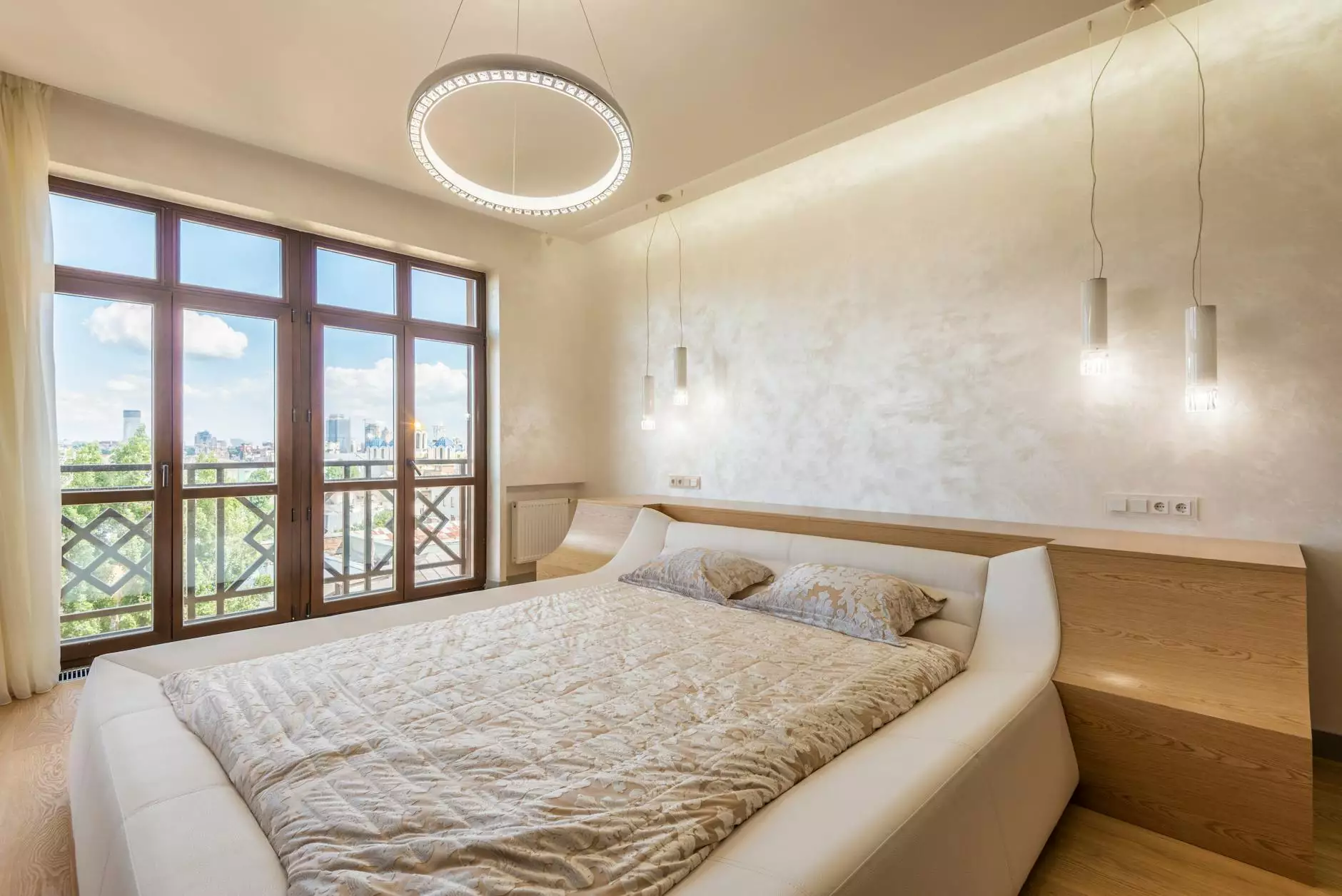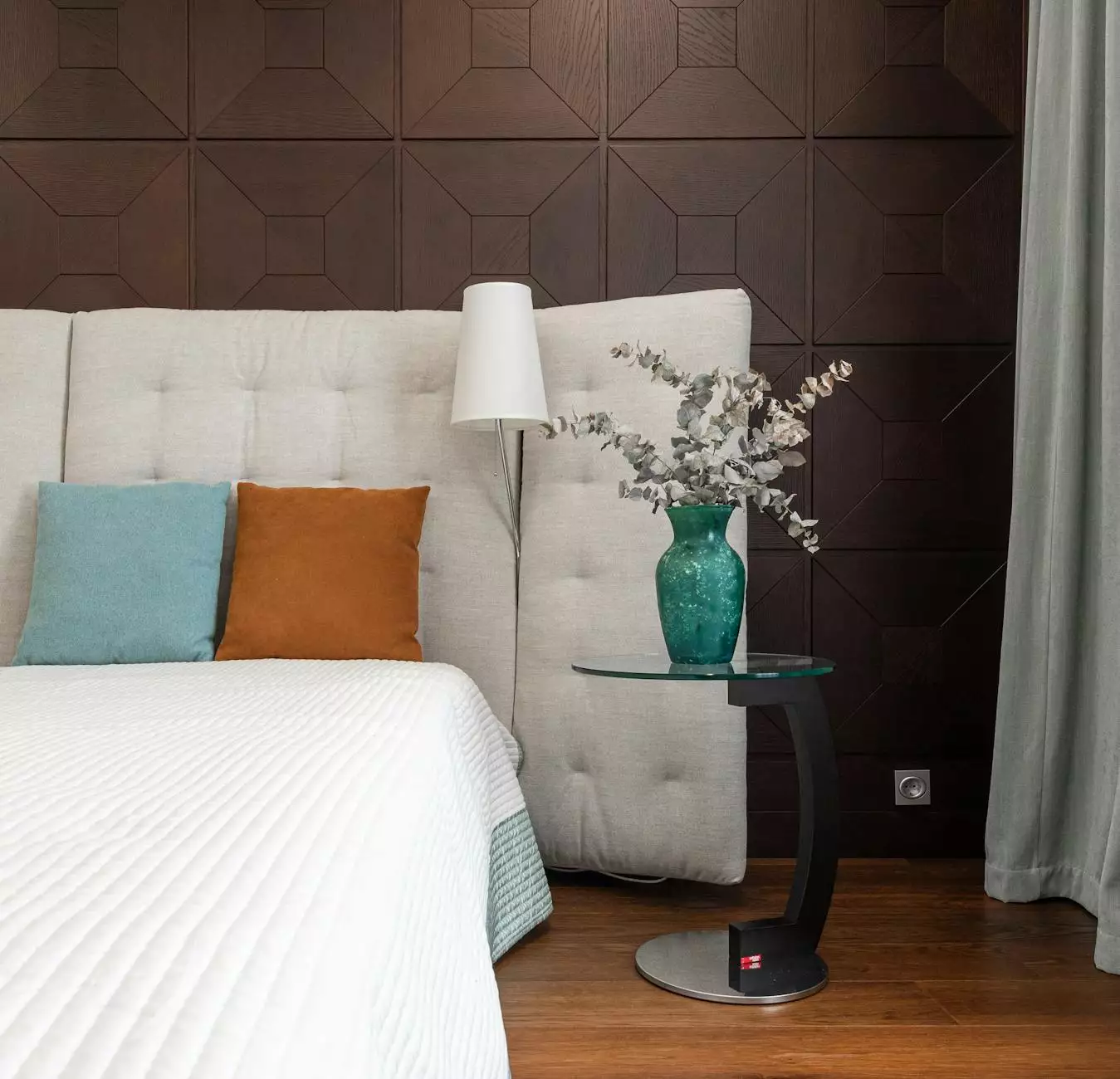Gardening with Allergies and What Plants to Use
Blog
Introduction
Gardening is a wonderful hobby, but it can be challenging for individuals with allergies to enjoy the beauty of nature without suffering from symptoms. At Southside Fixtures, we understand the importance of creating a garden space that is not only visually appealing but also allergy-friendly. In this comprehensive guide, we will explore various types of plants that are suitable for individuals with allergies, helping you transform your garden into a haven of health and beauty.
Allergy-Friendly Plants
When selecting plants for an allergy-friendly garden, it is vital to choose species that produce minimal amounts of pollen or have low allergenic potential. Here are some top choices:
1. Perennials
Perennials are excellent options for allergy sufferers as they usually have large, showy flowers that rely on insects for pollination, rather than wind-blown pollen. Some recommended perennials include:
- Peonies: These beautiful flowers come in a range of colors and emit a lovely fragrance. Their large, dense petals trap pollen, making them a safe choice for those with allergies.
- Iris: Iris flowers have striking colors and elegant blooms. They are also low in pollen, making them suitable for allergy-prone individuals.
- Hydrangeas: Hydrangeas are known for their stunning clusters of flowers and come in various shades. They produce minimal pollen, making them an ideal addition to any allergy-friendly garden.
2. Trees and Shrubs
Choosing the right trees and shrubs is crucial for an allergy-friendly garden. Opt for species that have low pollen production and are insect-pollinated. Some suitable options include:
- Flowering Dogwood: Flowering dogwood trees display beautiful flowers and have minimal pollen. They thrive in a variety of environments and add visual appeal to your garden.
- Crape Myrtle: Crape myrtles are known for their stunning clusters of flowers that come in various colors. They produce little pollen, making them a safe choice for allergy sufferers.
- Japanese Maple: Japanese maple trees offer vibrant foliage and unique shapes, adding a touch of elegance to any garden. They are not known to trigger allergies.
3. Herbs and Vegetables
For individuals who enjoy herb and vegetable gardening, there are options that are relatively low in allergens. Here are some examples:
- Basil: Basil is a popular herb known for its culinary uses. It has low allergenic potential and adds flavor to a variety of dishes.
- Lettuce: Lettuce varieties have minimal pollen, making them suitable for allergy-prone individuals. They are easy to grow and can be enjoyed in salads and sandwiches.
- Tomatoes: Tomato plants usually have low allergenic potential and are a staple in many home gardens. Their fruits are not known to cause allergic reactions.
Garden Design Tips for Allergy-Friendly Spaces
Creating an allergy-friendly garden involves more than just selecting the right plants. Consider the following tips to make your outdoor space even more enjoyable:
1. Plant Placement
Strategically place your allergy-friendly plants to minimize exposure to pollen. Grouping them together and away from frequently used areas, such as seating areas and walkways, can reduce the risk of triggering allergies.
2. Garden Maintenance
Regular garden maintenance is essential to keep allergens at bay. Remove weeds and dead plants promptly, as they can contribute to allergies. Proper watering and fertilizing techniques also help maintain plant health and reduce the chances of fungal or mold growth that can exacerbate allergy symptoms.
3. Consider Non-Allergenic Features
Incorporate non-allergenic features into your garden design to enhance its allergy-friendly nature. Consider installing a water feature, such as a small fountain or pond, that can help reduce pollen in the air. Additionally, choose non-allergenic landscaping materials like gravel or stone instead of grass, which can trigger allergies in some individuals.
Conclusion
Creating an allergy-friendly garden is indeed possible, allowing individuals with allergies to fully enjoy the pleasure of gardening. By choosing the right plants and implementing thoughtful garden design, you can create a beautiful oasis while minimizing the risk of allergens. At Southside Fixtures, we are committed to helping you make informed choices for your garden. Browse our selection of allergy-friendly plants and transform your outdoor space into a haven of beauty and health.










